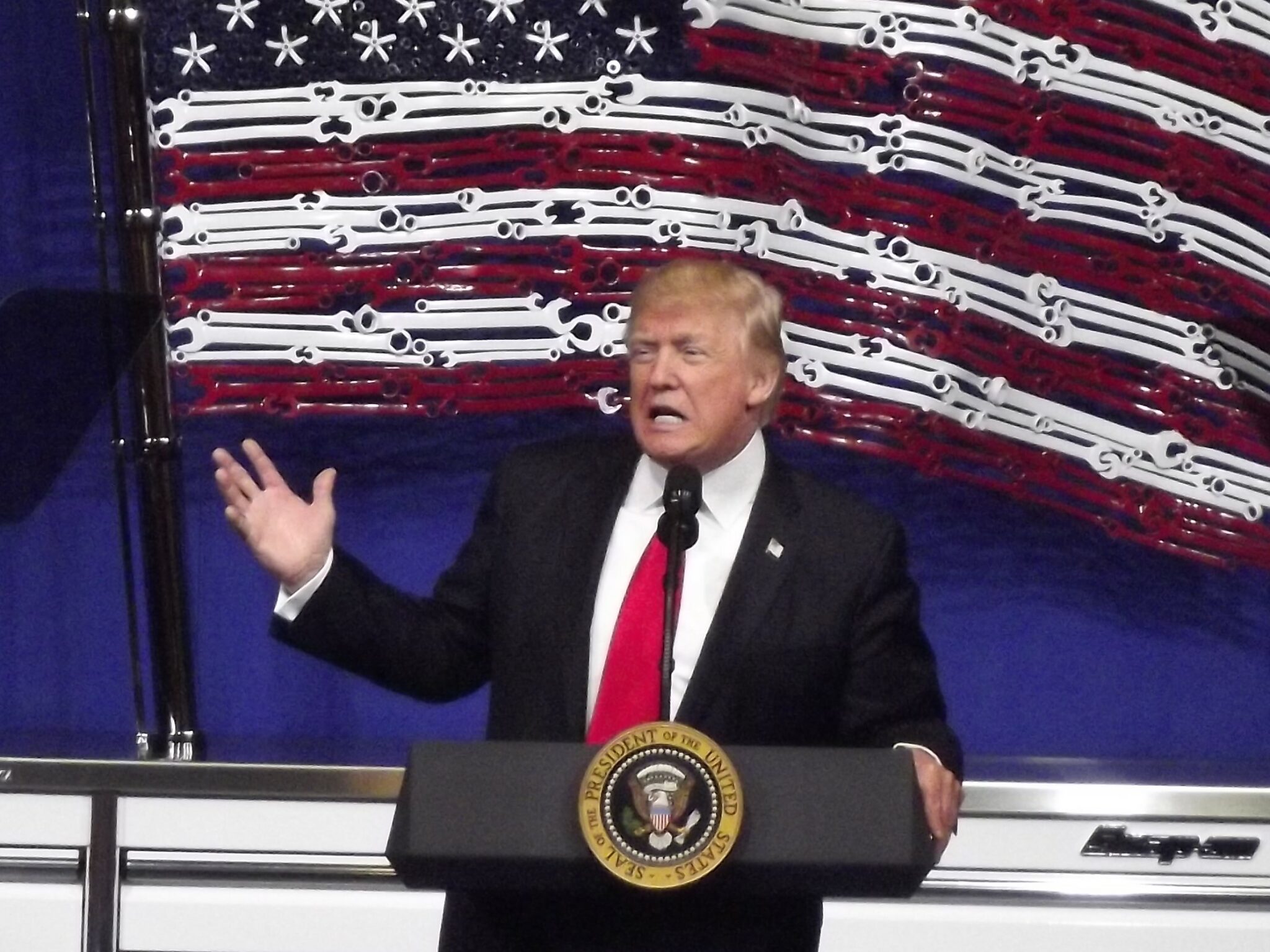Donald Trump is poised to be unopposed in Wisconsin's primary after the Presidential Preference Selection Committee decided Tuesday against adding any other Republicans to the April 7 ballot.
The committee, comprised equally of representatives from the state GOP and Dem parties, also placed 14 Dems on the ballot.
Republican Party of Wisconsin Chair Andrew Hitt told reporters after the meeting ther...
Please log in to access subscriber content.
If you don't have a subscription, please contact schmies@wispolitics.com for subscription options on the WisPolitics-State Affairs platform, which is the new home for WisPolitics subscriber products.


